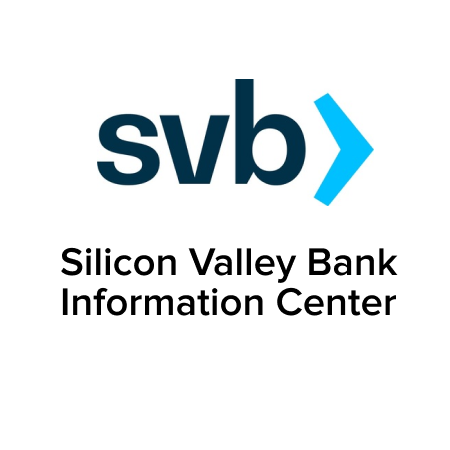The collapse of Silicon Valley Bank is a major disruption to the global innovation economy. As a large specialty bank that has served the innovation economy well for four decades, SVB’s fate is deeply intertwined with the fate of its venture-backed corporate banking clients.
Below is a collection of tools and resources that founders can leverage to figure out next steps during this time.
Latest Update from the FDIC:
According to a statement released Sunday, 3/12 jointly by the Secretary of the Treasury, the Federal Reserve Board, and the FDIC, Silicon Valley Bank depositors “will have access to all of their money starting Monday, March 13. No losses associated with the resolution of Silicon Valley Bank will be borne by the taxpayer. We are also announcing a similar systemic risk exception for Signature Bank, New York, New York.
FDIC Resources:
- Failed Bank Information for Silicon Valley Bank, Santa Clara, CA
- Frequently Asked Questions Relating to SVB Closure
- FDIC Claims Portal
- Press Release: FDIC Creates a Deposit Insurance National Bank of Santa Clara to Protect Insured Depositors of Silicon Valley Bank, Santa Clara, California
- When a Bank Fails – Facts for Depositors, Creditors, and Borrowers
Founder Tools & Support:
- SVB Crisis Management Center
- Nitra: Emergency help for Healthcare companies affected by SVB
- Brex: Emergency bridge loan for SVB customers
- Arc: Funds locked up? Arc can help you make payroll.
- Capchase: Emergency payroll financing for SVB affected startups
- Pipe: Get Access to Immediate Financing
News:
- Wall Street Journal: SVB, Signature Bank Depositors to Get All Their Money as Fed Moves to Stem Crisis
- WSJ live Q&A (Monday March 13th): What Does the Silicon Valley Bank Failure Mean?
- New York Times: Regulators Close Another Bank and Move to Protect Deposits
- CNBC: Here’s how the second-biggest bank collapse in U.S. history happened in just 48 hours
What should you do right now If you banked with SVB?
- If you banked at SVB, you may want to consider opening a new account at another banking institution. (See the next question below for details on how you can potentially expedite opening a new bank account.)
- It’s good to proactively gather your own records to determine what accounts you have with the bank, how they are titled and the asset balances they hold for any claims you need to make.
- Closely monitor the FDIC’s website for updates. We’ll add future updates from the FDIC here as well.
What’s the fastest way to open a new bank account if you need to?
- Choose a banking partner that best fits the needs of your business. Here are some potential banking partners, used by customer base, that are known for expediting accounts:
- A potentially faster way to open a new bank account is to visit a physical branch with all of the required documentation for identity verification, which may include:
- A driver’s license
- A passport
- Company Documents needed are likely include:
- Government issued business license
- Certified articles of incorporation
- Proof of Beneficial Ownership
- Partnership Agreement
- Trust Instrument
- IRS Letter with your Employer Identification Number (EIN)
- Financial Statement

